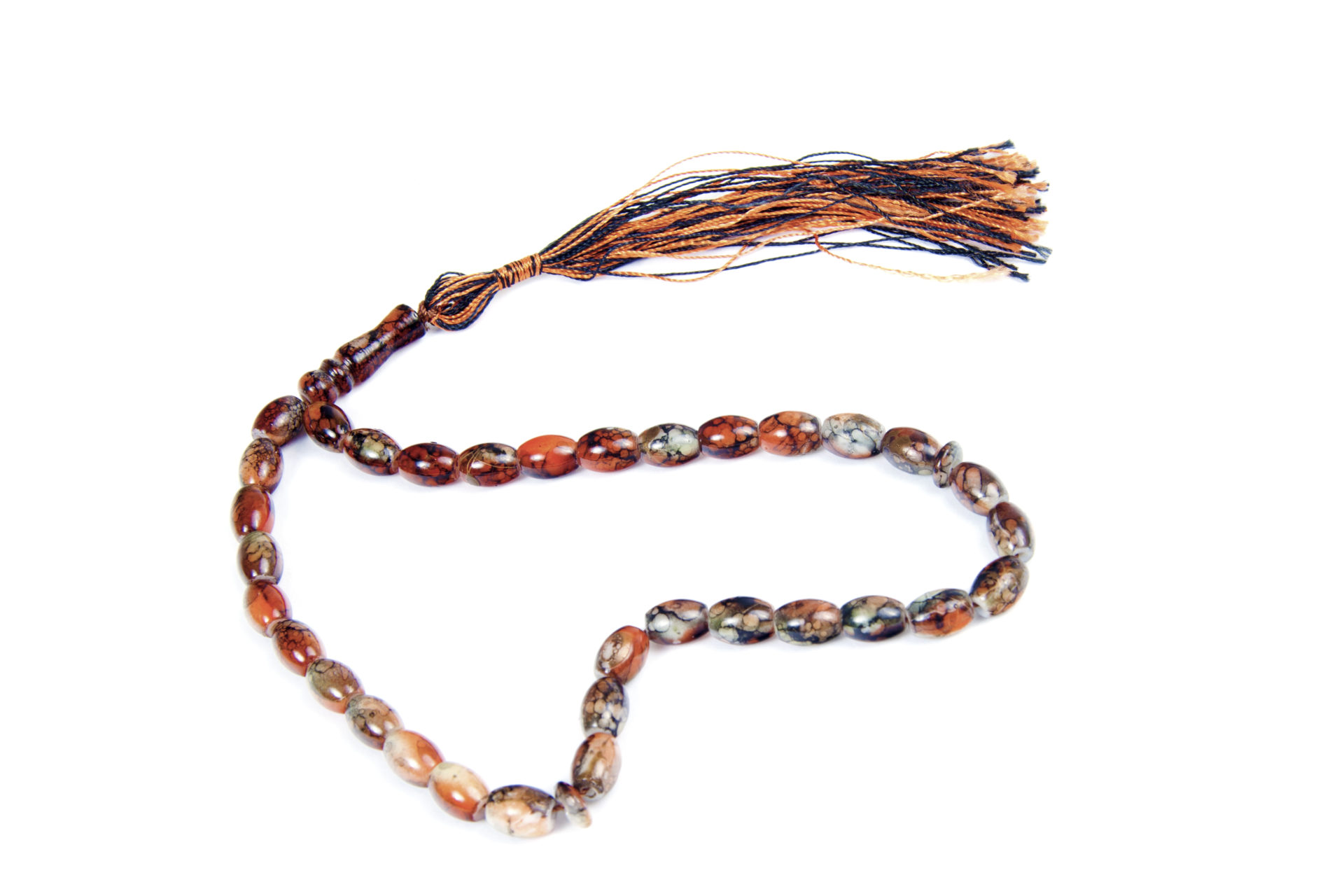In advance of the June 26th, 2018, Oklahoma Primary, CAIR Oklahoma staff sat down with Imam Imad Enchassi of the Islamic Society of Greater Oklahoma City to get his insight on the Medical Marijuana State Question.
Oklahoma State Question 788, which will appear on the June 26th Primary ballot, is as follows:
This measure amends the Oklahoma State Statutes. A yes vote legalizes the licensed use, sale, and growth of marijuana in Oklahoma for medicinal purposes. A license is required for use and possession of marijuana for medicinal purposes and must be approved by an Oklahoma Board Certified Physician.
The State Department of Health will issue medical marijuana licenses if the application is eighteen years of older an Oklahoma resident. A special exception will be granted to an applicant under the age of eighteen, however these applications must be signed by two physicians and a parent or legal guardian.
The Department will also issue seller, grower, packaging, transportation, research and caregiver licenses. Individual and retail businesses must meet minimal requirements to be licensed to sell marijuana to licensees.
The punishment for unlicensed possession of permitted amounts of marijuana for individuals who can state a medical condition is a fine not exceeding four hundred dollars. Fees and zoning restrictions are established. A seven percent state tax is imposed on medical marijuana sales.
Shall the proposal be approved?
For the proposal – YES
Against the proposal – NO
A “YES” vote is a vote in favor of this measure. A “NO” vote is a vote against this measure.
What does Islam say about this issue?
Under Islamic law, anything that causes intoxication, even small amounts, is prohibited. Marijuana is a hallucinogenic (meaning it induces hallucinations); therefore, any amount is considered to not be allowed according to Islam.
When it comes to anything that is medically necessary, we look at the following concept: ‘necessity negates prohibition.’ This means that an intoxicant or otherwise prohibited substance can be used for medical reasons with the following condition, which stem from Quranic text:
- A pious Muslim physician must prescribe the medication or a qualified physician in consultation with a local Imam or scholar.
- There must not be an alternative, halal substance that can act as a substitute for that medication.
- Any medicine, including marijuana, is to be dispensed according to the needed amounts.
With that concept in mind, medical marijuana could under some circumstances be prescribed for medical necessities. However, it must remain clear that recreational use of marijuana or any other drug is strictly prohibited in Islam.
In other states where marijuana has been legalized, marijuana has not only been used for medicinal purposes, but also is popular for recreational purposes. In Islam, we consider not only the letter of the law, but also the spirit of the law. We also have to take into consideration the long-term negative physical and mental effects that marijuana can have on a user.
Please consider these facts and do your own research on this issue, and lastly, vote your conscience at the polls on Tuesday.”

